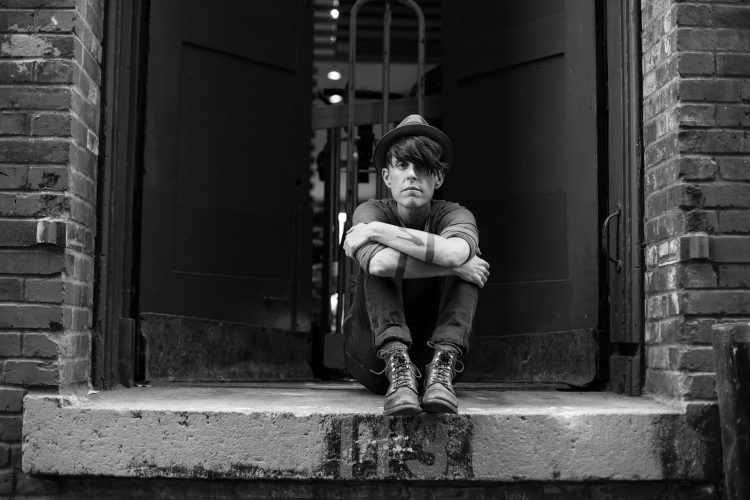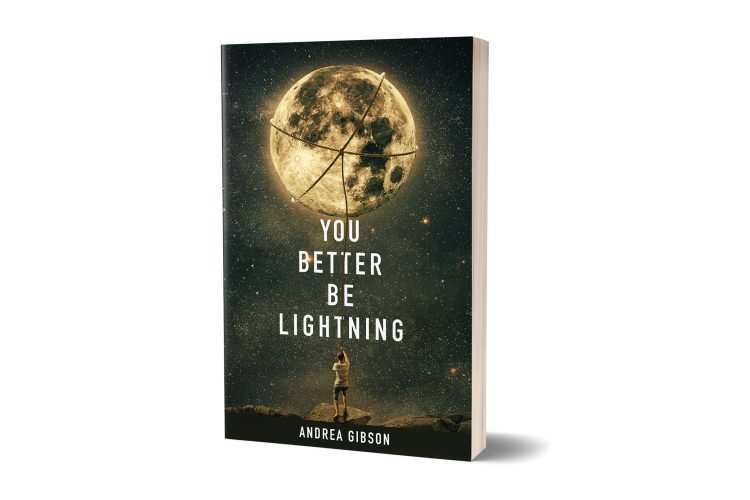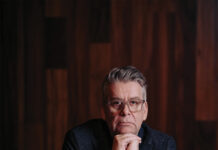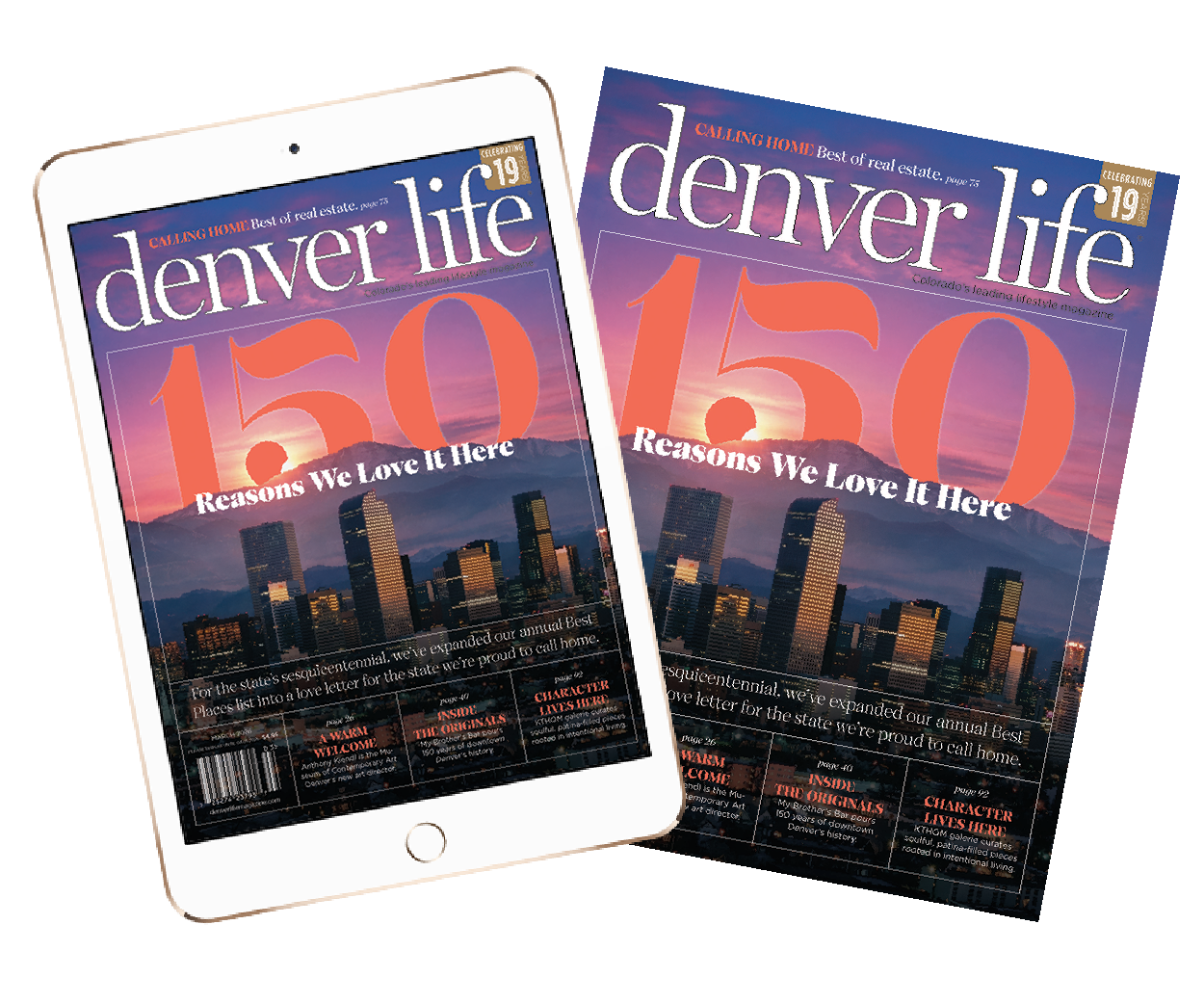
“With each poem I write, I have an intention to tell the truth in a way that inspires the reader’s heart to open further to the world,” says Andrea Gibson, Colorado’s poet laureate and an ambassador of the arts. “I write in hopes of bridging divides. In my experience, people’s minds don’t change quickly or easily, but poetry can change people’s hearts in an instant.”
Gibson’s latest release You Better Be Lightning artfully animates difficult subjects, from a father learning to accept his gay daughter’s relationship, to a self-critic who resigns from being their own worst enemy, to Gibson’s personal reactions to a recent cancer diagnosis. As an author of six full-length collections of poetry, two-time winner of the Independent Publishers Award, three-time finalist for the Goodreads Choice Awards, and winner of the first-ever Women’s World Poetry Slam, Gibson’s appointment as Colorado’s poet laureate is a well-deserved recognition of their contributions to the arts. After reading their latest collection, we reached out to Gibson to ask them about the purpose behind their prose.
How did you get your start in poetry? “I attended my first poetry slam at the Mercury Cafe in Denver in 1999 and immediately fell in love. I had a ton of stage fright and might have stopped sooner had there not been such a loving and supportive poetry community. I was a part of Denver’s poetry slam team, and because of that, I eventually got invited to perform in other states and countries.”
What does being the poet laureate for Colorado entail? “It has involved poetry readings, poetry performances, and poetry writing workshops with schools, nonprofits, and other organizations. One day I’m teaching metaphors to second graders; the next day I’m on the radio reading poems about gun violence.”

How do you balance beautiful writing with clear communication? “I remember being so frustrated in high school because I read so many poems that I did not understand. Or I read poems that simply bored me so much I could hardly stay awake while reading them. I come from a working-class background and was raised in a town where most people did not have the privilege of a college education. So when I began writing poems 25 years ago, I committed to never writing a poem someone would need a degree to understand. I want everything I write to be accessible. And even more than that, I want what I write to be able to reach people who think they don’t enjoy poetry. I love watching people fall in love with the art form for the first time. Few things make me happier than that.”
Why does the world need more poetry? “Our culture tends to erect a cubicle around our wonder. Yet we were all born astonished. Awe is our natural state, and not something we were intended to grow out of. Imagine a world full of astonished people. It’s so much different, isn’t it? So much more loving. Poetry returns us to awe. Additionally, to feel is to heal, and we live in a culture that consistently asks us to push down our emotions. Poetry awakens them.”
How has your recent ovarian cancer diagnosis impacted your work? “My diagnosis helped me fall further in love with the world and further in love with the gift of this existence. Because of that, most of the poems I have written since then have leaned towards the light, leaned towards beauty, leaned towards celebration. Prior to my diagnosis, many of my poems were quite heartbreaking. There’s nothing wrong with that, of course. I once wrote, ‘Even when the truth isn’t hopeful, the telling of it is.’ But right now, for my own spirit’s sake, I’m really enjoying writing poems that return us to gratitude.”
Where can readers see you perform? “Because my immunity is so impacted by my chemotherapy, I am doing almost all of my events virtually. Those can be found on my website.”















